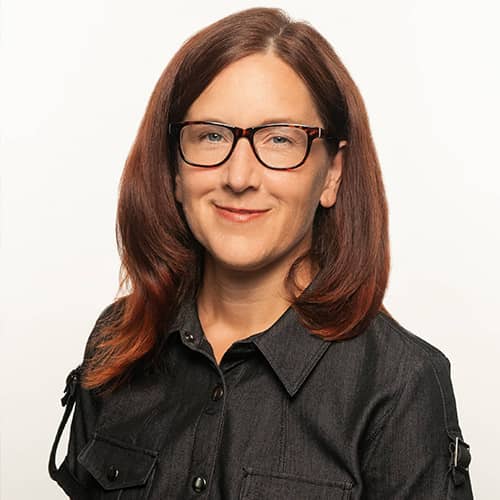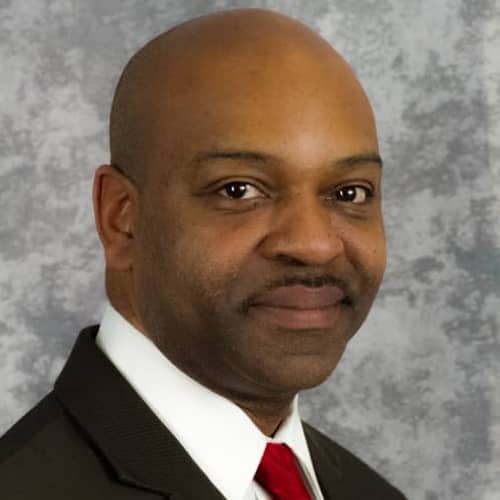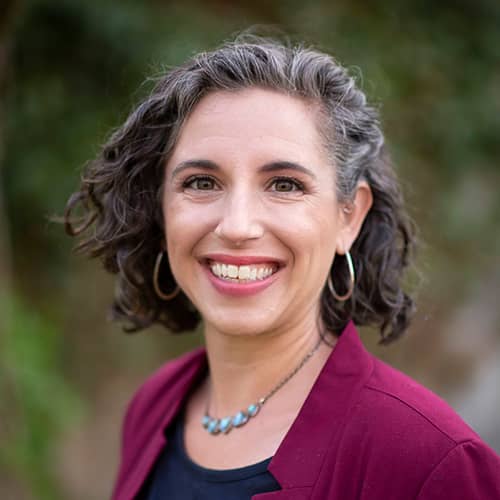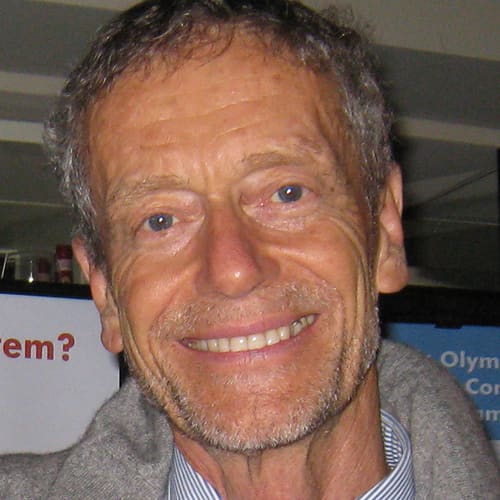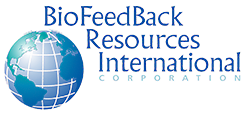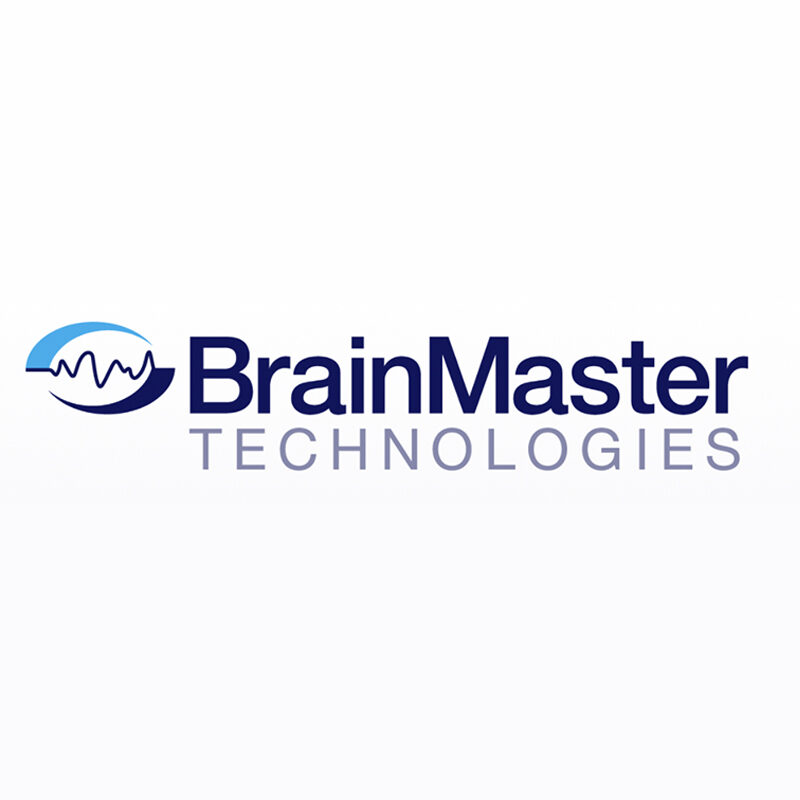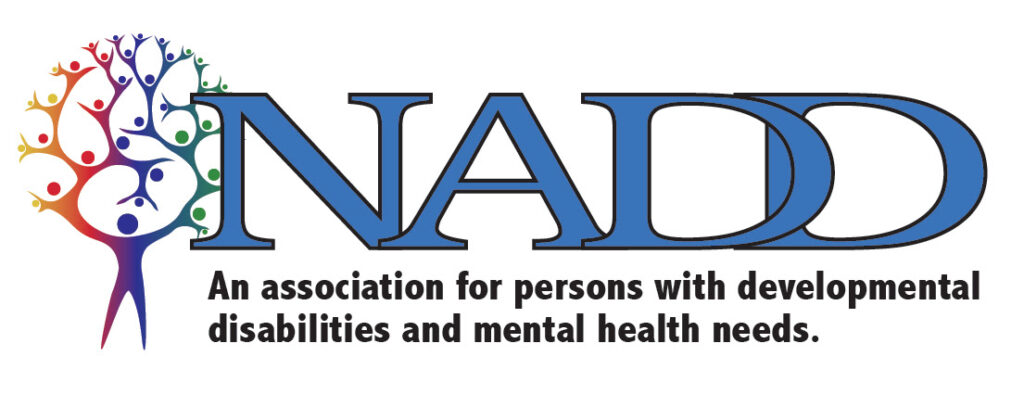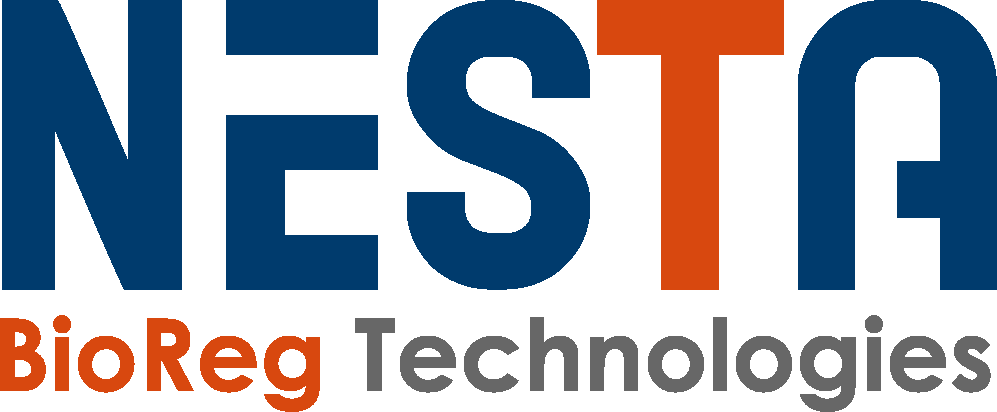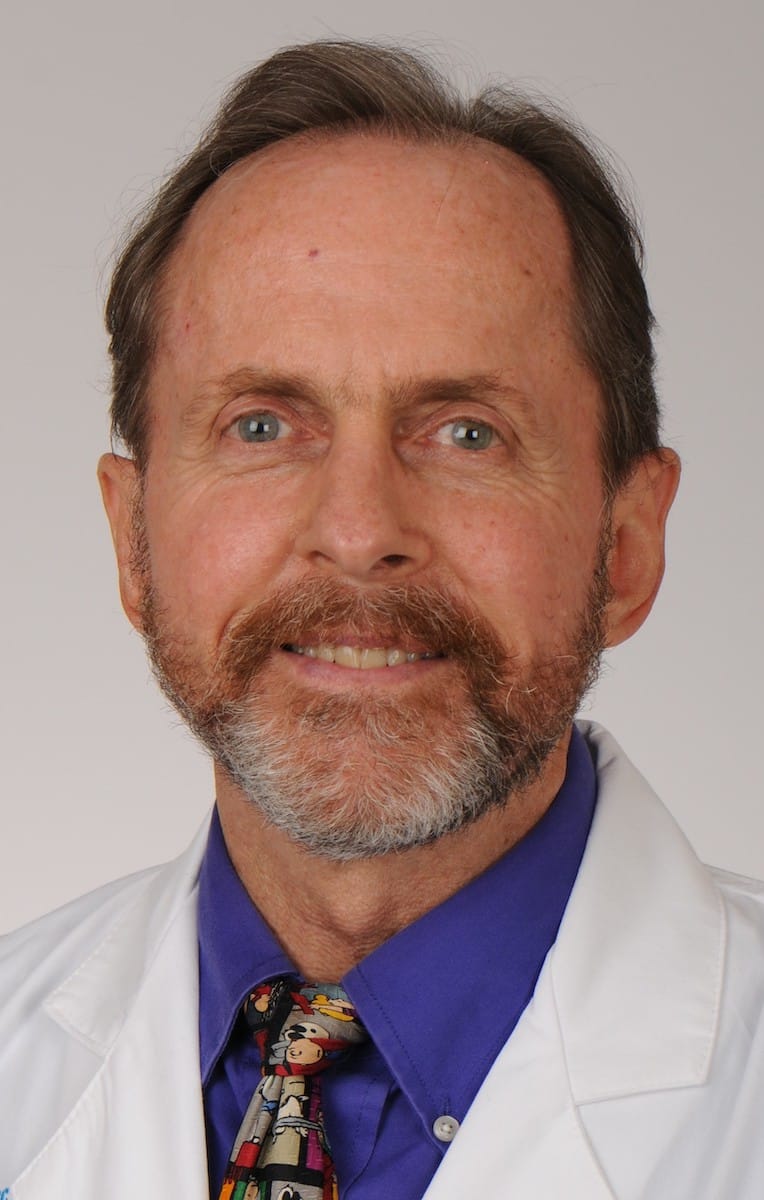Thanks to the many who joined the NRBS annual conference in October. If you missed the conference, you can still see what you missed! Recordings of the speakers’ presentations are available.
47th Annual International Conference
Coping with Stress in Today’s World:
Solutions for Anxiety, Depression, and Burnout
October 21-22, 2022
Online event
Coping with Stress in Today’s World:
Solutions for Anxiety, Depression, and Burnout
Recently, complex factors (e.g., pandemic, political unrest, inflation, internet overload, cell phone distractions, etc.) have exacerbated typical life challenges and presented new hurdles and barriers to succeeding and enjoying life. These hurdles and barriers have resulted in increased anxiety, depression and stress. Extended periods of stress have negative consequences on a person’s sense of fulfillment, as people learn, perform, and function best when their focus is maximized and physiological arousal is optimized.
Biofeedback, neurofeedback, and related techniques offer proven, evidence-based approaches for improving attention and concentration, enhancing one’s ability to regulate arousal, and maximizing learning and performance.
This year’s NRBS Conference is devoted to presenting and discussing information and techniques that will be relevant to health care providers and other helping professionals who are seeking additional tools to support their clients during these stressful and difficult times. The Conference is aimed at offering information that can be used to augment learning and performance across a variety of ages and settings.
We hope that you can join us for this important look into how to optimize functioning in an increasingly stressful world through the use of biofeedback strategies and other somatically based techniques.
Speakers
Deran Young
LCSW
Schedule at a glance
***All times listed in Eastern Standard Time
| Time | Friday, October 21 |
|---|---|
| 9:00 am - 9:15 am | Welcome |
| 9:15 am - 10:45 am | Skills, Tips and Tools for Somatic Applications in School-Aged Children |
| 10:45 am - 11:00 am | Break |
| 11:00 am - 12:30 pm | Applications of the Polyvagal Theory |
| 12:30 pm - 1:30 pm | Lunch |
| 1:30 pm - 3:00 pm | Regulating the Nervous System with Somatic Experiencing® |
| 3:00 pm - 4:00 pm | Can Neurofeedback be used to heal Legacy Burdens such as racism, homophobia/transphobia, classism, and individualism? |
| 4:00 pm - 5:00 pm | Optional Vendor Rooms |
| Time | Saturday, October 22 |
|---|---|
| 9:00 am - 9:15 am | Introduction |
| 9:15 am - 10:45 am | Biofeedback and Neurofeedback in Schools – Past, Present, & Future |
| 10:45 am - 11:00 am | Break |
| 11:00 am - 12:30 pm | Is EMF (WIFI) Messing Up Your Clients’ Sleep? |
| 12:30 pm - 1:30 pm | Lunch |
| 1:30 pm - 3:00 pm | Awareness and control with biofeedback to improve health in schools and at home |
| 3:00 pm - 4:00 pm | Optional Vendor Rooms |
Friday, October 21, 2022
Lecture 1
1.5 Continuing Education Credits
Skills, Tips and Tools for Somatic Applications in School-Aged Children
Psychologists who work with children are often in a position to recommend interventions for home and school which are meant to support the work they do with their clients in the office. However, some knowledge of school systems and the kinds of interventions that are possible within them is necessary for the recommendations to have an impact. In this workshop, Alexandra Linardakis BSN and Jenna Prada M.Ed. will bring their differing perspectives to a conversation about the role that somatic regulation can play while working with school-aged children. They will discuss via case studies how each of their unique professional backgrounds can offer varied tools to support children in grades k-12, making clear that the best way to help clients is often to encourage a team-building approach between mental health providers, parents, schools, and others involved with the children. This workshop will provide concrete tools for biofeedback professionals in relation to various aspects of the school-aged child’s life.
- List two recommendations for somatic interventions that can be part of a school accommodation program.
- Describe how to use the arousal model to optimize a student’s ability to learn in an educational setting
- Describe how self-havening can be applied in a school setting
Speakers
Lecture 2
1.5 Continuing Education Credits
Applications of the Polyvagal Theory
Stephen Porges will elaborate on how Polyvagal Theory provides a neural foundation for a brain-body medicine that would lead to insights into the treatment of trauma and chronic stress-related mental and physical health challenges.
The theory describes how, via evolution, a connection emerged in the brain between the nerves that control the heart and the face. This face-heart connection provided the structures for the “social engagement system” that link sociality with autonomic regulation and explains the important mediating role of physiological state in facilitating either connectedness and intimacy or defense such as fight/flight, hypervigilance, dissociation, collapse, shutdown, and even syncope.
This workshop is designed to give participants an overview of the Polyvagal Theory and the Social Engagement System as it relates to stress in our modern world.
- Explain how the Polyvagal Theory may explain behavioral features related to psychiatric disorders and other behavioral problems.
- Describe the evolution of the autonomic nervous system (ANS) and why this is important to our understanding of the system today.
- Explain how the concepts of reciprocity, co-regulation, and connectedness are imperative to both physical and mental health
Speakers
Lecture 3
1.5 Continuing Education Credits
Regulating the Nervous System with Somatic Experiencing®
Somatic Experiencing® (SE™) is a naturalistic and neurobiological approach to healing trauma and other stress-related disorders. SE offers a framework to assess where a person is “stuck” in the fight, flight, or freeze responses and provides clinical tools to resolve these fixated physiological states. It offers practical skills appropriate to various healing and helping professions, including educators, mental health, medical, physical and occupational therapies, bodywork, addiction treatment, first response, and more.
During this unique program, Peter A Levine, Ph.D., the developer of Somatic Experiencing, will demonstrate how SE addresses trauma responses through a combination of theoretical explanation and body-oriented experiential exercises. This program will address the underpinnings of trauma and explore how nervous system regulation and awareness of bodily sensations can bring individuals out of a trauma state and into a more embodied and regulated sense of authentic self.
- Describe differences between top-down and bottom-up processing and discuss how educating students on the difference can help them make better informed choices.
- Explain the trauma response as a set of defensive bodily reactions mobilized to protect us.
Describe how shame, defeat, and humiliation from bullying and abuse, replay themselves repeatedly in the body. - Analyze how individuals can trigger and reactivate each other’s traumas causing corrosive and destructive emotions and behaviors and how we often attribute these emotions to the other, when it’s our own traumas and dysregulation that have been reactivated.
Speakers
Lecture 4
1 Continuing Education Credits
Can Neurofeedback be used to heal Legacy Burdens such as racism, homophobia/transphobia, classism, and individualism?
A legacy burden is a belief or emotion passed down generationally through the family tree, ethnic lineage, or environment/society. We also carry many historical legacy burdens as a collective— to include racism, patriarchy, individualism, and materialism. These collective legacy burdens are systemic and significantly influence almost all organizations, institutions, and policies. The legacy burden of white supremacy culture has created a global bias in which people of color are marginalized and have reduced access to resources when compared to people born in a white body. Despite the recent increase in dialogue regarding diversity, equity and inclusion, we still have a long way to go in addressing the traumatic effects of racial injustice (police brutality, mass incarceration, health disparities, and education/economic wealth gaps) that we still see and experience in the world today. Rather than staying stuck in pain, guilt, shame or defensiveness, it’s important to recognize that we all have unconscious bias that stems from traumatized fear based “parts” of us that took on protective thoughts, feelings and behaviors passed down and around during our early years of social conditioning.
The psychological toll that results from racism among BIPOC communities is known as racial trauma and is the result of navagating emotionally harmful messages and even mild interactions of discrimination, as well as vicariously witnessing acts of violence geared towards a particular race or community that you belong to. The good news is as healers, we can all be part of the solution by minimizing and reversing the personal, relational and collective impact. Research documents that racism creates significant physical and mental health challenges for people of color, which neurofeedback can help to treat and alleviate. In this presentation we will explore the potential role of biofeedback in mitigating racial and generational trauma.
As a result of attending this presentation, participants will be able to:
- Explore collective legacy burdens related to race, class, and gender and examine how these impact us individually, relationally, and systemically.
- Discover negative beliefs, attitudes, and systemic barriers faced by historically marginalized communities and discover strategies to increase healing through self compassion and cross cultural humility.
- Understand the concept of intersectional mental health and begin to recognize how marginalized identities systemically have less access to advanced level resources such as biofeedback.
Speakers
Saturday, October 22, 2022
Lecture 5
1.5 Continuing Education Credits
Title
Biofeedback and Neurofeedback in Schools – Past, Present, & Future
In this workshop Harry Campbell will lead a discussion with Dr. Mary Jo Sabo about neurofeedback in schools, past present and future. They will talk about how the famous Yonkers Project came about and how successful it was. They will discuss some of the things that are being done now. Finally, they will give their thoughts about where neurofeedback and biofeedback in schools could be headed and how we can accelerate the process to bring neurofeedback and biofeedback to a wider audience.
- Summarize how the Yonkers Neurofeedback Project started and ran successfully.
- List the steps to organize a neurofeedback program in a school.
- Describe the importance of effective communication with school administrators, teachers, parents, students, and potential funding sources.
- Explain how Heart Rate Variability biofeedback can be used as a first step to introduce Neurofeedback to schools.
Speakers
Lecture 6
1.5 Continuing Education Credits
Title
Is EMF (WIFI) Messing Up Your Clients’ Sleep?
Why WIFI and electro pollution affects your brain, the microbiome and has huge clinical implications for many patients you see. There will be a review of cases where rapid clinical improvements occurred by greatly reducing EMF, as well as the research behind known biological effects. The presentation will include information about how to discuss these issues with patients, and why LIGHT at night has far more clinical implications than you are aware of.
- Explain the role of EMF in increasing Oxidative Stress.
- List four ways to help patients identify EMF problems.
- Describe how night time light and EMF reduce sleep quality by impacting REM non-REM sleep
Speakers
Lecture 7
1.5 Continuing Education Credits
Awareness and control with biofeedback to improve health in schools and at home
Over the last few years more and more students report anxiety and stress related disorders which can be ameliorated and reversed through self-awareness and self-regulation approaches. By integrating wearable biofeedback devices to demonstrate how mind/body/emotions are interconnected, participants can increase their awareness and then implement regeneration strategies. When these skills are generalized at home and at work, many students report significant reduction in symptoms. The presentation focuses on the use breathing, posture, muscle, skin conductance and muscle feedback to demonstrate voluntary control, teach awareness of sympathetic reactivity and mastery to inhibit reactivity. It outlines a sequential 12 week group program that can be taught in schools and used in homes and at work.
- Describe how to use three different feedback devices (posture, temp, SCL) to develop awareness of covert stress reactions at home and at work
- Implement an integrated posture, breathing and cognitive reframe practice to rapidly reduce negative depressive self-critical thoughts and interrupt rumination
- Describe the components of a 12 week group program to teach stress management in schools
Speakers
REGISTER
Regular price: $299 USD
This is a live online event.
Can’t attend live? Recording available for 30 days.
Please contact [email protected] with questions
conference scholarships
NRBS would like to offer our support to students as well as clinicians working with underserved populations. Scholarships for those included in these groups are available on a case-by-case basis. If you would like to be considered for a scholarship, please complete the following form no later than September 1, 2022. A representative from NRBS will be in contact via email prior to the conference.
NRBS Webinar Series 2024 - Complete list
- March 22nd @2-3pm ET: Arousal and vigilance as key markers in treatment decision-making/ Presenter: Andreas Mueller, PhD
- April 24th @12-1pm ET: Havening Techniques for Biofeedback Clinicians/ Presenter: Alexandra Linardakis RN, BCN
- May TBD: Ethical Considerations related to disadvantaged populations / Presenter: Mela Berger
- June 11th @12-1pm ET: Expanding Your Clinical Practice with Biofeedback, Putting the Body into Mind/Body / Presenter: Harry Campbell
- July 23rd @12-1pm ET: Enhancing Your Practice with Trust-based Relational Intervention (TBRI) / Presenter: Dr. Angeliqueca Avery, EdD, MSW, LPC-S
- August TBD
- September TBD
- November TBD
More information on each webinar comming soon.
Continuing Education:
A total of 8 CEs for BCIA re-certification are offered for those who attend live or virtually (test must be completed for virtual attendees). You must attend ALL 8 webinars to receive CEs. Partial credit will not be offered.
APA CE credits are being applied for.
In addition, all attendees who desire CEs must complete a program evaluation for each webinar.
Course fees and refund/cancellation policy:
NRBS Members for the entire series (includes CEs) - $150
Non-Members for the entire series (includes CEs) - $329
NRBS Members for each individually purchased webinar (CEs not available for individual purchase) - $30
Non-Members for each individually purchased webinar (CEs not available for individual purchase) - $45
Refund policy: For individual programs, refunds will be issued up to 1 week prior to the event. For the full series, refunds will be issued within 2 weeks following purchase as long as none of the recordings has been accessed or the person requesting the refund has not attended a live session. All refunds will be assessed a $30 processing fee.
Target Audience:
Psychologists, mental health professionals, health care practitioners, and other interested clinicians as well as students in these fields.
This program, when attended in its entirety, is available for 8 continuing education credits.
Accreditation Statement
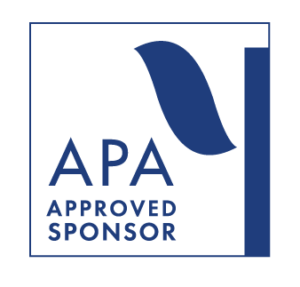
Arizona Psychological Association is approved by the American Psychological Association to sponsor continuing education for psychologists. Arizona Psychological Association maintains responsibility for this program and its content.
The views of the presenters are theirs and do not necessarily represent a position by Arizona Psychological Association. Arizona Psychological Association is committed to accessibility and non-discrimination in its continuing education activities. Arizona Psychological Association is also committed to conducting all activities in conformity with the American Psychological Association’s Ethical Principles for Psychologists. Participants are asked to be aware of the need for privacy and confidentiality throughout the program. If program content becomes stressful, participants are encouraged to process these feelings during discussion periods. Please address questions, concerns, and any complaints to Angelika Sadar at 610-933-9440, [email protected]
If participants have special needs, reasonable accommodations will be made for persons who request them, consistent with ADA requirements.
It is the responsibility of every attendee to abide by the standards set forth in the APA Code of Ethics for maintaining security and confidentiality of test materials and proprietary information presented as part of this continuing education program. Any materials used as part of this program may not be copied or otherwise distributed, and no proprietary information will be disclosed by attendees to any person not registered for this program.
There is no commercial support for this program nor are there any relationships between the CE Sponsor, presenting organization, speaker(s), program content, research, grants, or other funding that could reasonably be construed as conflicts of interest.
NRBS SUPPORTING SPONSORS
Learn more about our supporting sponsors and ways they can help your personal & professional development.
Continuing education Information
CONTINUING EDUCATION
This program is co-sponsored by the Northeast Regional Biofeedback Society and The Institute for Continuing Education. The program offers 5.50 hours on Day One; and 4.50 hrs. on day Two. CE hours awarded are based on actual participation. Full attendance is required for each event in which you participate. The CE processing fee is $35.00 per person and submitted to The Institute for Continuing Education at the time completed CE paperwork is mailed.
Attendees who wish to apply for continuing education credit MUST complete CE forms and comply with attendance monitoring requirements.
NOTE: To receive continuing education credit, applicants must complete all CE forms and comply with attendance monitoring requirements.
NOTE: It is the responsibility of the attendee to determine if CE credit offered by The Institute for Continuing Education and/or The American Professional Society on the Abuse of Children, meets the regulations of their state licensing/certification board.
Questions: If you have questions regarding continuing education, the program, faculty, learning objectives per event, grievance issues, faculty, please contact The Institute at: 800-557-1950; e-mail: [email protected].
Commercial Support: The Institute for Continuing Education receives no funds from any commercial organization for financial support of its activities in providing continuing education sponsorship of this event.
Psychology: The Institute for Continuing Education is approved by the American Psychological Association to sponsor continuing education for psychologists. The Institute for Continuing Education maintains responsibility for this program and its content.
New York: The Institute for Continuing Education is recognized by the New York State Education Department’s State Board for Psychology as an approved provider of continuing education for licensed psychologists #PSY-0043.
Counseling: For counselors seeking credit, The Institute for Continuing Education will submit a co-sponsorship application to NBCC.
New York: The Institute for Continuing Education is recognized by the New York State Education Department’s State Board for Mental Health Practitioners as an approved provider of continuing education for licensed mental health counselors. Provider MHC-0016.
Ohio Board Counseling/ Social Work: Ohio Board of Counseling and Social Work Board, Provider RCS 030001.
Social Work: Application for social work continuing education credits has been submitted. This website will be updated regarding approval.
New York: The Institute for Continuing Education is recognized by the New York State Education Department’s State Board for Social Work as an approved provider of continuing education for licensed social workers. Provider No. SW-0025.
Ohio: Counseling and Social Work Board, Provider RCS 030001.
Florida Dept. Health, Division Social Work, MFT, Counseling, Provider BAP 255, expiration 03/2023.
Illinois Dept. Professional Regulation: The Institute is recognized as a provider of continuing education by the Illinois Dept. of Professional Regulation, Social Work
Division, Provider 159.000606.
New Jersey: this program has NOT been submitted for pre-approval to the New Jersey Board of Social Work.
Marriage/Family Therapy:
New York: The Institute for Continuing Education is recognized by the New York State Education Department’s State Board for Mental Health Practitioners as an approved provider of continuing education for licensed marriage/family therapists, Provider MHC-0012.
Florida: The Institute for Continuing Education is a recognized provider of continuing education by the Florida Department of Health, Division of Marriage and Family Therapist, BAP 255, expiration 03/2023
California Professionals: The Institute for Continuing Education, Provider 56590, is approved by the California Association of Marriage and Family Therapists to sponsor continuing education for LMFTs, LCSWs, LPCCs. The Institute for Continuing Education maintains responsibility for this program and its content. This Course meets the qualifications for continuing education credit for LMFTs, LCSWs, LPCC, as required by the California Board of Behavioral Sciences.
Illinois Department MFT: Provider 168-000108.

